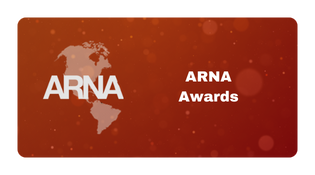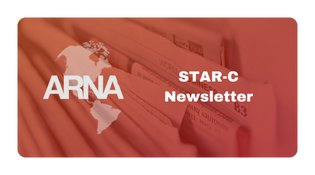Thanks for having been part of ARNA 2024. We would love to know more about what you might like to write about, what kinds of collaborations are compelling to you, and what questions you have. Please complete this brief survey and let us know more about you.
ARNA Spotlight
Each month ARNA Spotlight will have a focus on the ARNA homepage. The Spotlight will highlight individuals and groups in our organization so our community can become more deeply acquainted with the energetic and valued action research involvement of each of us.
For the March Spotlight we invited one of the newest ARNA Action Research Communities (ARCs) – the International ARC to respond to the prompt:
How did you became interested in action research and what are some of the activities you do that continue to 'spark' your interest in this type of research?

Mongolian National University of Education
Click on each award to read the response
News & Anouncements
Register your interest in ARNA 2024 Conference Proceedings
Thank you for coming to ARNA 2024 and for your interest in the Conference Proceedings! We would love to know more about what you might like to write about, what…
Invitation to ARNA Counseling and Counseling Psychology Professionals who might be interested in writing a chapter for a book, tentatively entitled, Confronting structural and cultural violence: Counseling professionals’ testimonios of positive peace work
Hello! We are seeking to identify counseling and counseling psychology professionals that are interested in writing a chapter for a book we are co-editing tentatively entitled, Confronting structural and cultural violence:…















